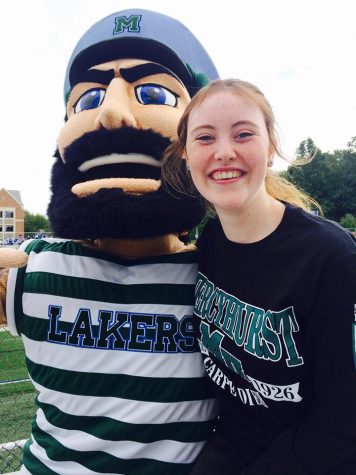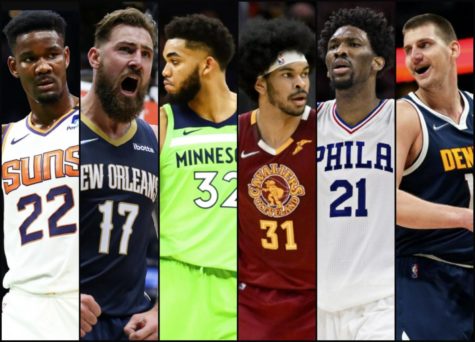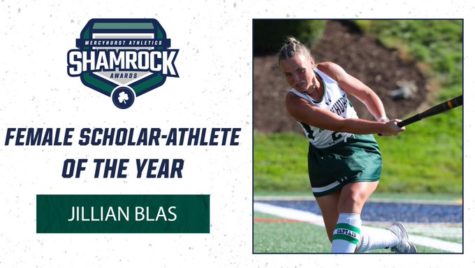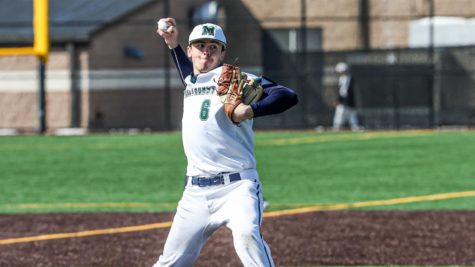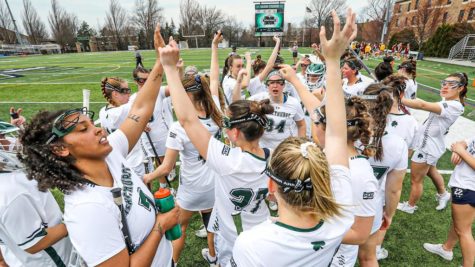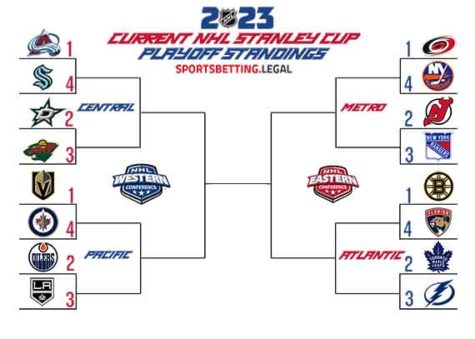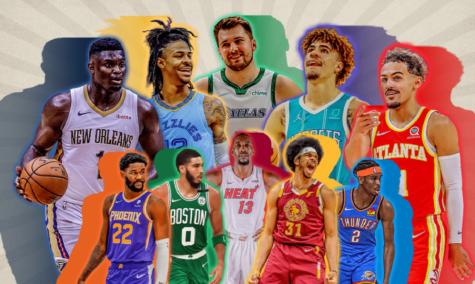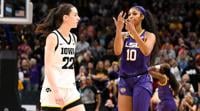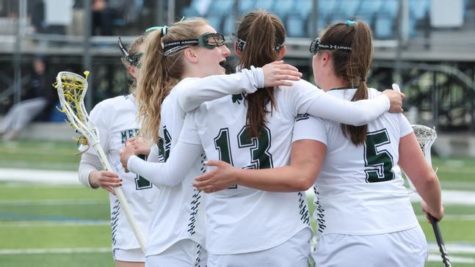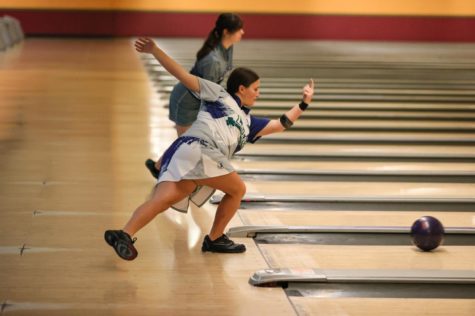Club sports will be prioritized for Lakers
September 24, 2019
As Mercyhurst North East merges with our main campus and our Athletics Department continues their vision for sports at the Hurst, club sports are going to be front and center.
In recent years club sports across the nation have grown in popularity and competitiveness, representing another category that falls somewhere between intramural sports and varsity teams on campuses. Club sports are now a high-level, increasingly competitive activity that are part of any university’s offerings to prospective students with athletic interests.
Laura Zirkle, vice president of Student Life, has called club sports “a whole other athletic opportunity we haven’t hit on.” While Mercyhurst does already have some well-established club options, such as the club hockey teams, club sailing and a club equestrian team, there is plenty of space for growth. “We want to create a robust club program as an addition to our robust varsity program, especially as it has become apparent that there are a growing number of people who are athletic but are not ready for the full commitment of an athletic team in the most competitive realm.”
That said, club sports will not be simply intramural activities – they will be opportunities for challenge and growth in sport for the participating athletes. “Club sports have moved to being competitive in themselves. Due to new facilities like the lights on our fields and our third field added this year, we have added hours of availability time. High-level club sports are now a tangible opportunity for us.”
As Mercyhurst North East joins our main campus, there are also a variety of sports that can move with the student body from that campus. Although the junior college level teams themselves cannot move, individual athletes and the specific sports can. This creates an opportunity for students that either don’t want to play at varsity level, or don’t have the time to commit to a D1 or D2 sport for four years during their time at Mercyhurst. “You can be nimble with club teams,” Zirkle said. “A few years ago there was a phenomenon with schools starting competitive Quidditch teams. While that phenomenon may have died out, we have the opportunity with club sports to provide more niche offerings and quirky, non-traditional sports like darts or ultimate frisbee.”
Since the decision to promote club sports was made, there has been investment in club coaches and attempts to make them recruiters for their sports. Mercyhurst hopes that students will actually choose this university for a club sport in the same way they would for a major or a varsity team.
“Club sports as a program are student funded and driven by student participation,” Brad Davis, Athletic Director, said. “We hope to grow enrollment and bring a different type of student to Mercyhurst with them. The beauty of these sports is that how much you want to get into it is driven by you as the athlete.” Davis also remarked that these sports can change year by year depending on talent and interest, offering more flexibility than traditional varsity teams would be able to do. “There are no limits because there are no NCAA rules. The only constraints are budget and interest level,” Davis said.
According to both Zirkle and Davis, Mercyhurst is committed and jumping in with both feet. “At varsity level there are extremely large schools we could play 100 times and never win,” Davis said. “The great appeal of playing on or supporting a Laker club team is that we could play schools like Villa Nova or Syracuse and beat them.”

